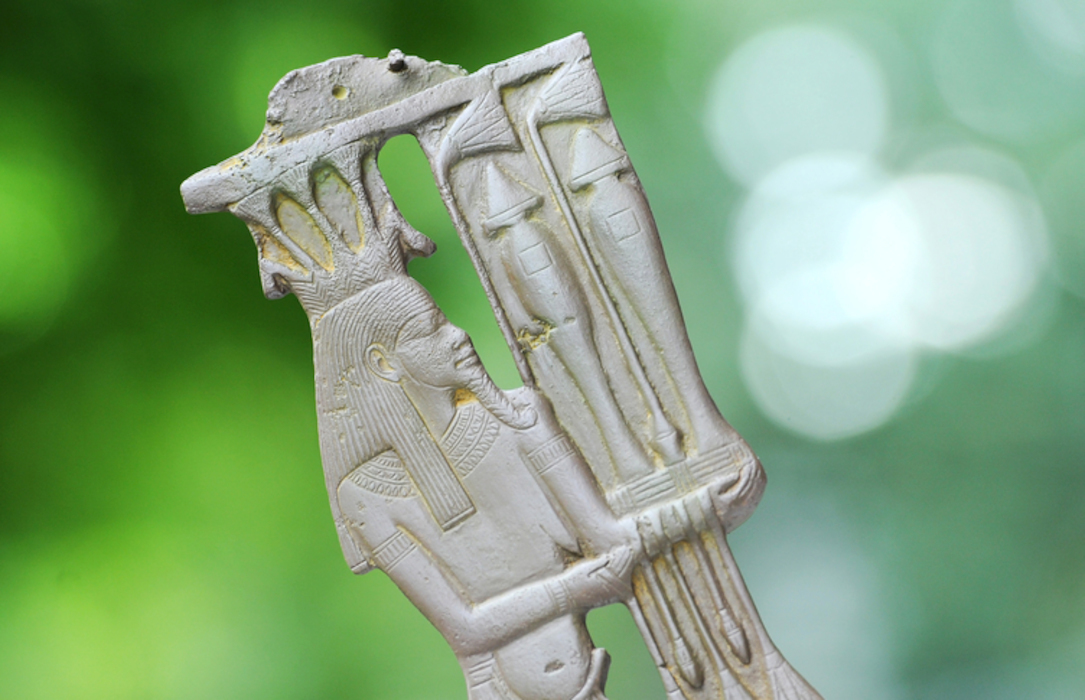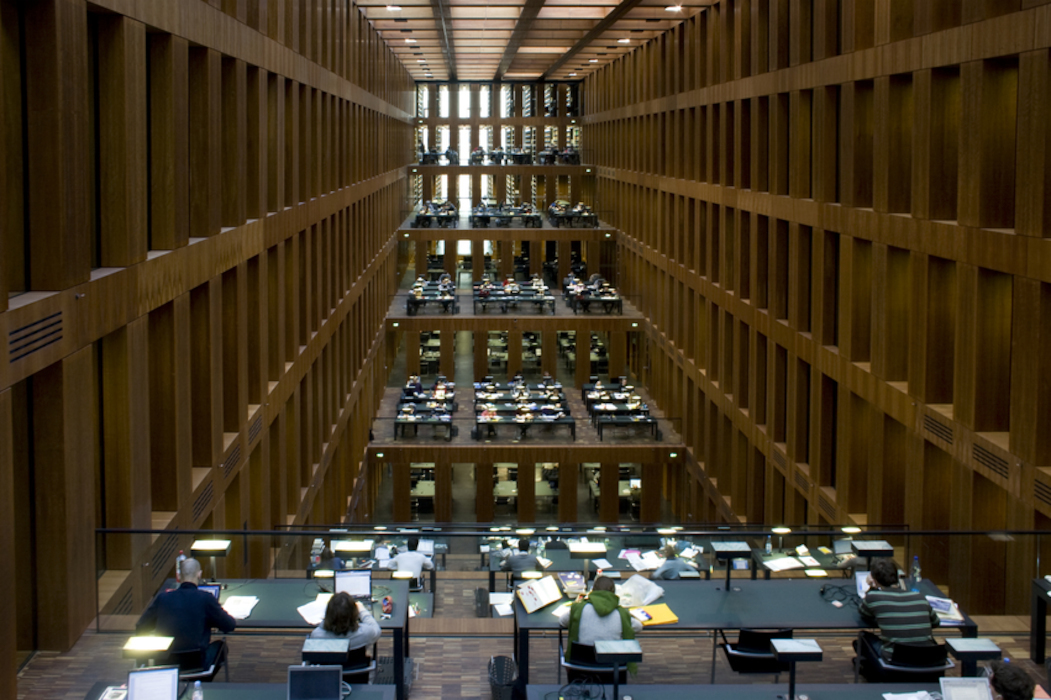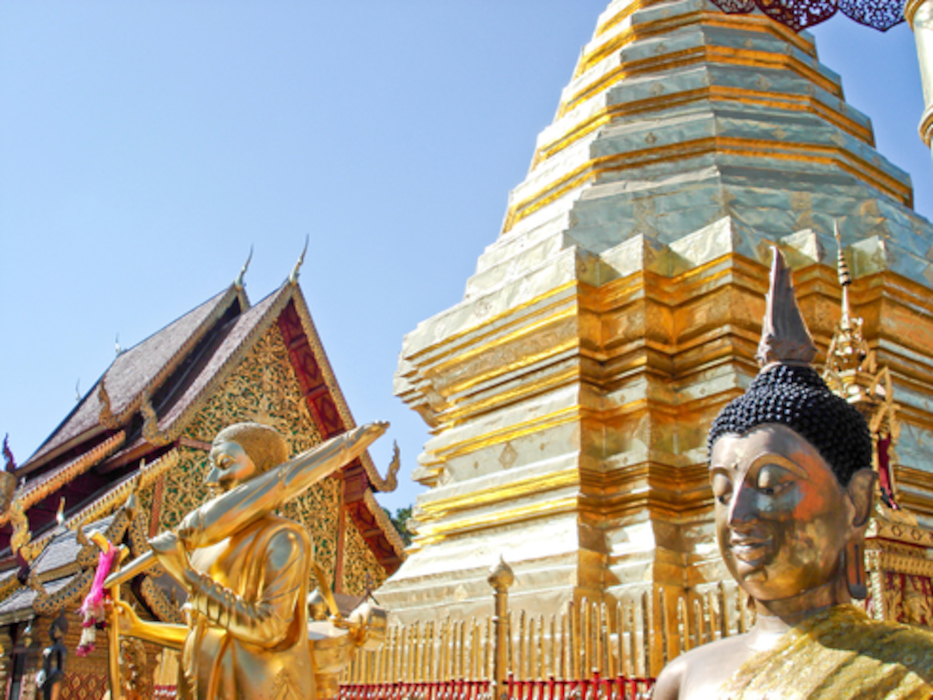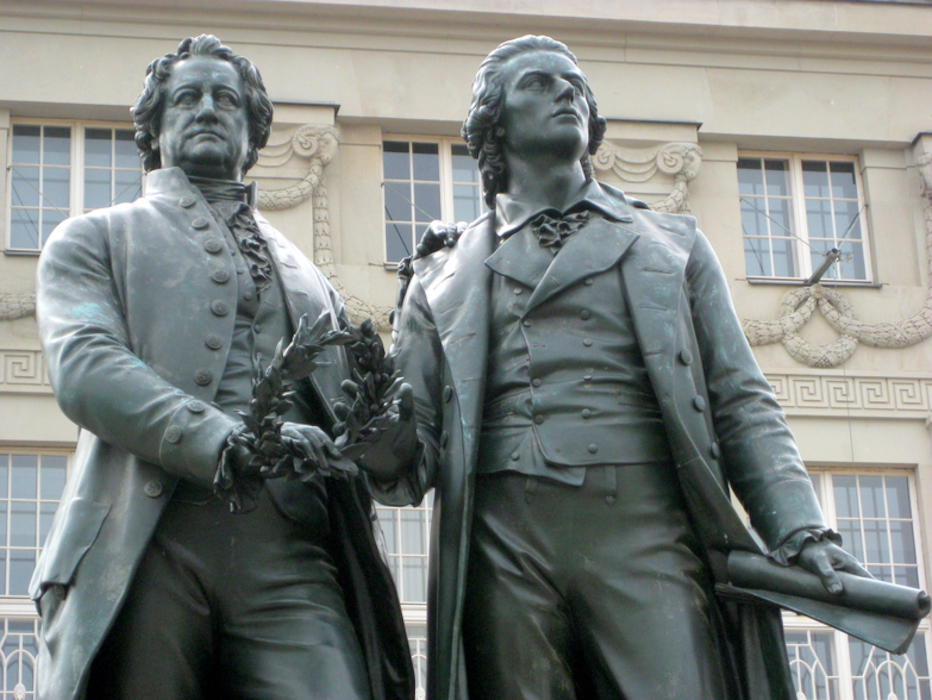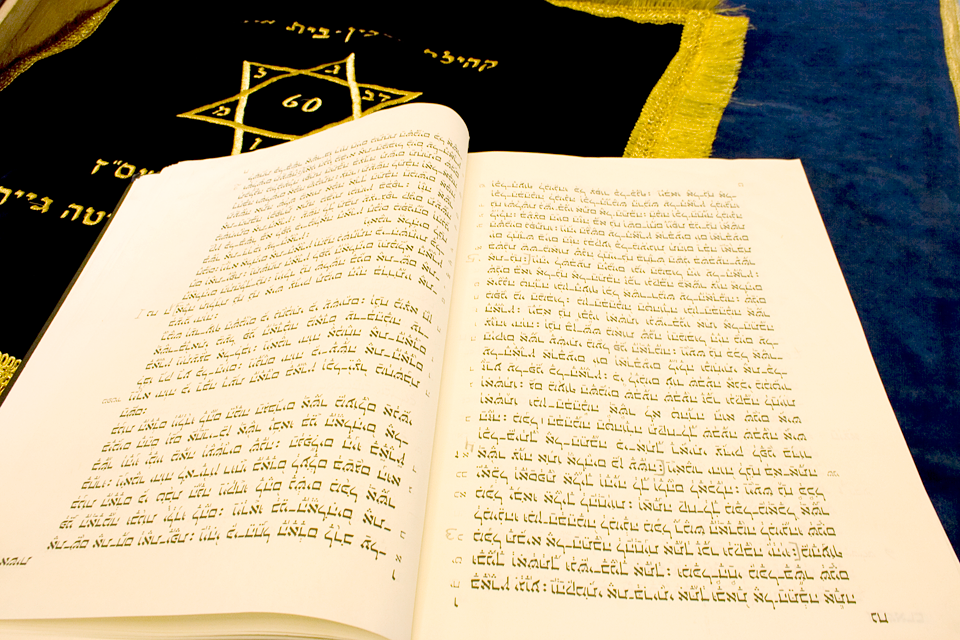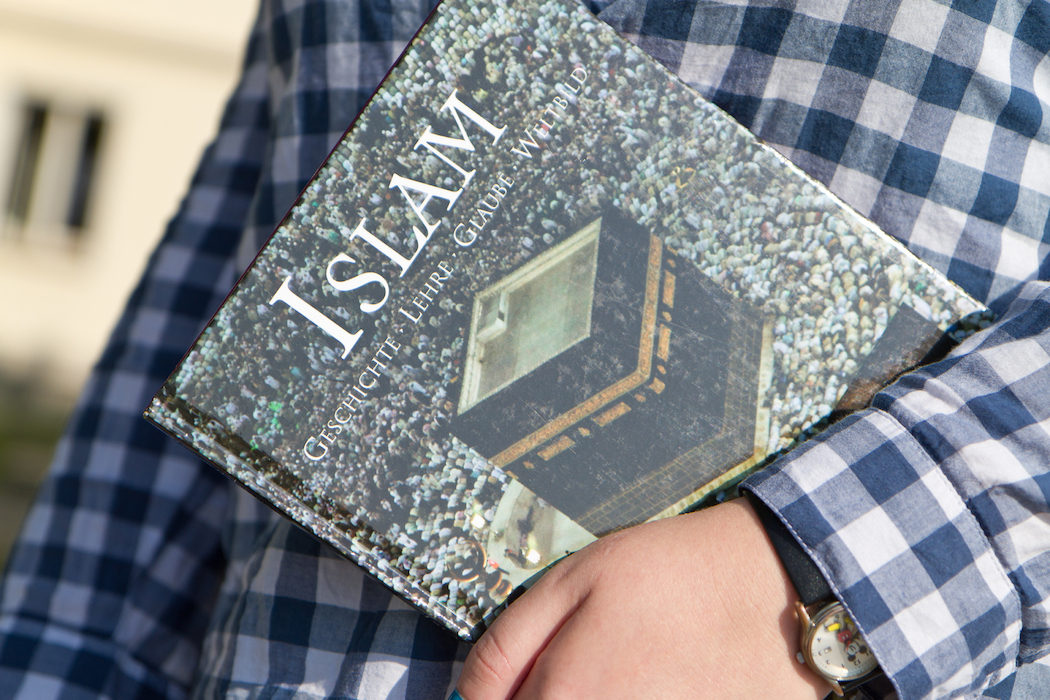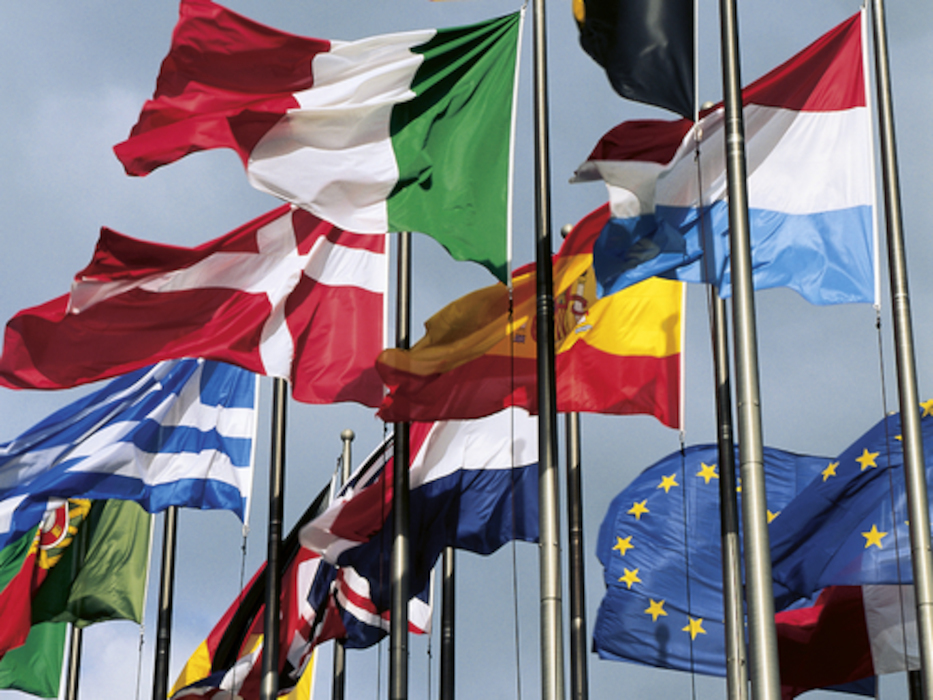There is a wide range of subjects in this group: from philosophy, history and ancient philologies to German studies and applied subjects such as communication, media or translation.
Despite all the differences, graduates of linguistics and cultural studies nevertheless have very similar tasks. If you look at Arabicists and philosophers, for example, it becomes clear that both act as cultural mediators - Arabicists research, analyse and document Arabic language and literature in all its current and historical manifestations; philosophers try to fathom, interpret and understand the world and human existence.
Students in the field of linguistics and cultural studies should enjoy engaging with texts, theories and methods. In view of the amount of literature to be dealt with, they must not lose sight of the essentials and should be able to exercise critical judgement. A differentiated vocabulary, a good understanding and feel for language and a precise way of working are important prerequisites for a successful degree programme.
Bachelor's degree programmes in the humanities and cultural studies are often offered as combined degree programmes. The degree programme usually comprises two sub-degree programmes, which must be chosen in accordance with the university-specific combination regulations (2-subject Bachelor's degree).

![[Translate to English:] Verschiedene Wörterbücher die übereinander gestapelt sind.](/fileadmin/_processed_/8/c/csm_Sprache_164f76f52b.jpg)

